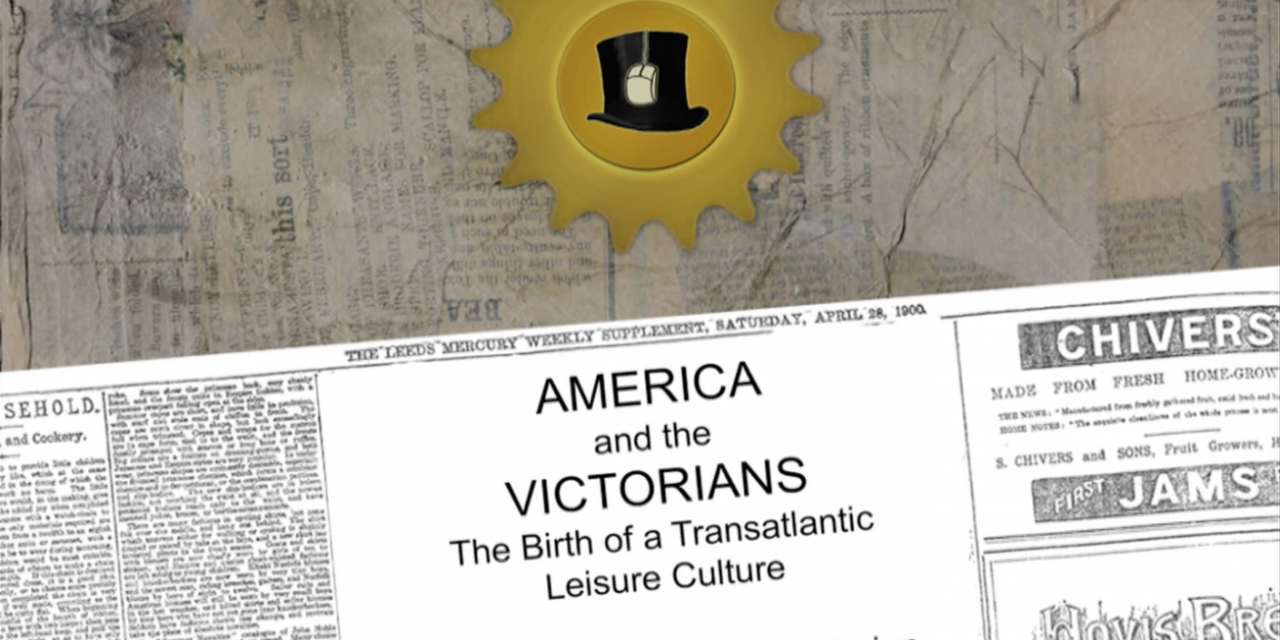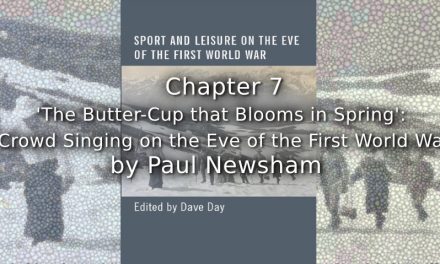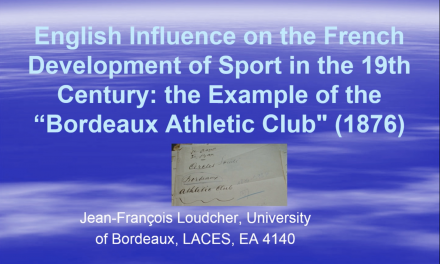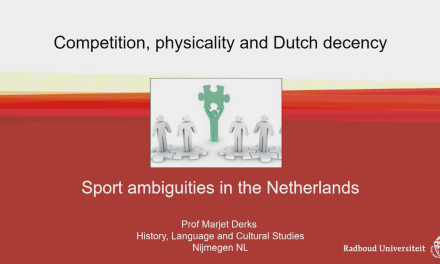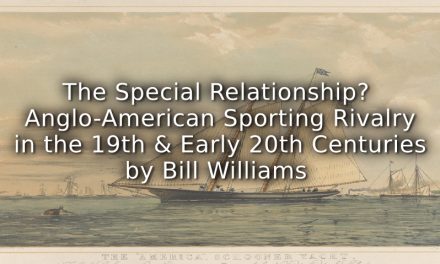Presented by: Bob Nicholson
At the start of Victoria’s reign, the United States had a muted presence in the social, cultural, political, and economic life of Britain. The country was still regarded as an uncertain experiment in Republicanism rather than an influential player on the international stage. Its economy was growing, but not yet challenging Britain’s pre-eminent position as the world’s leading commercial and industrial superpower. Most Victorians rarely encountered a bona fide Yankee, read an American book, or used American inventions. At Victoria’s death in 1901, this state of affairs had changed profoundly. The U.S. had begun to challenge Britain’s economic and political pre-eminence. Bookstalls groaned under the weight of imported American literature, newspapers, and magazines. American performers were celebrated in the country’s theatres and music halls. Fashionable Londoners frequented American cocktail bars and provincial England dined on imported Chicagoan beef. American inventions were sold to British shoppers by American-style department stores. Yankee boxers, yachtsmen and cyclists competed regularly with British athletes. American slang was in wide circulation. Each summer, thousands of American tourists travelled to London, while the reverse journey was made by increasing numbers of British travellers and emigrants. No longer associated solely with the landscapes of the western frontier, the United States of the late-Victorian imagination was increasingly the home of the skyscraper and exciting new forms of glamorous urban modernity. This presentations begins to chart this transformation and focuses particularly closely on a R. G. Knowles – an American comedian and baseball enthusiast who achieved great celebrity in Britain during the 1890s.
Article © Bob Nicholson

